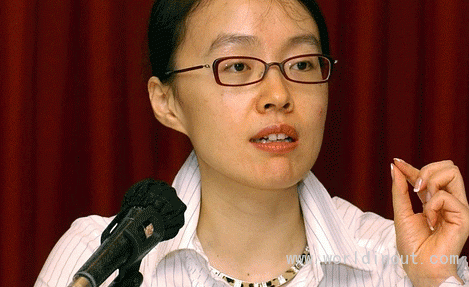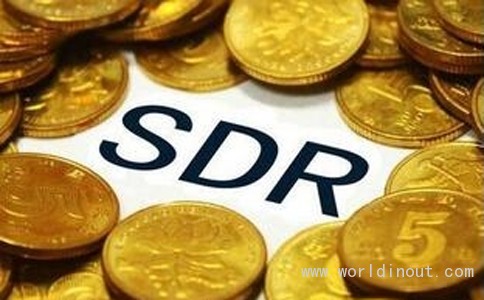
The number of female billionaires worldwide has increased nearly sevenfold in the past 20 years to 145 – and it is Asian entrepreneurs who are driving this growth, according to a study.
The report found that women have outpaced men when it comes to membership of the billionaires’ club, with their ranks and wealth growing at faster rates. The number compares with only 22 in 1995.
Lists of the world’s wealthiest women have long featured the likes of Liliane Bettencourt, the 93-year-old L’Oréal heiress, and Christy and Alice Walton, members of the Walmart family.
But they are now increasingly featuring self-made billionaires from countries including China, Hong Kong and India. Among them are women such as Zhang Xin, a 50-year-old Chinese real estate mogul, who worked in a garment factory in Hong Kong from the age of 14, saved enough to come to the UK to study at Sussex University, and was said earlier this year to be worth well over $3bn (£2bn).
However, this is a club still very much dominated by men over 60. There are 1,202 male billionaires – but their number has only grown by a factor of 5.2.
In 1995, there were 289 billionaires globally, but by 2014 their number had swelled to 1,347, according to the study published by the Swiss bank UBS and professional services firm PricewaterhouseCoopers.
Over that period, while global GDP has jumped from $30tn to more than $77tn, the wealth of the planet’s billionaires has risen almost eightfold, from $700bn to $5.4tn.
Asia’s fast-growing young economies have been the driving force behind greater diversity, as they have allowed a small but increasing number of female entrepreneurs to create billion-dollar legacies, said the study.
Ten years ago, there were said to be just three Asian female billionaires; now there are 25, more than half of whom are first-generation entrepreneurs.
They tend to be younger than their female peers elsewhere – the average age is 53 – and some were educated in Europe or the US before returning home and implementing western business practices, which complement local business traditions.
The report claimed the rise of the Asian female entrepreneur was “creating an entirely new billionaire demographic”.
It did not name any of these ultra-rich individuals, but in addition to Zhang Xin, other high-profile businesswomen in this wealth bracket include Chan Laiwa, who started her own furniture repair business before setting up one of Beijing’s largest commercial property developers, and is said to be worth more than $6bn, and Cheng Xue, a top executive at a major Chinese soy sauce manufacturer whose wealth is estimated by Forbes to be in excess of $1bn, but about whom relatively little is known.
The report’s authors said their research showed that the three leading sectors where these women had made their wealth were property, industrials and health. Equally, some had inherited from their fathers – the region’s pioneering entrepreneurs.
One female billionaire told the authors how the classic Asian pattern of saving hard to pay for a western education, where she had gained experience of western business practices, fostered her success. “After working in a factory for some years, I saved sufficient [money] to study abroad and get a degree,” the woman said. “However, when I came back to my home country, it was less the degree but more the knowledge of how to do business in the western world, and how to raise the appropriate financing for my new business idea, that helped.”
Some of the individuals interviewed for the wider study identified a growing “anti-wealth sentiment” among politicians, with higher taxes and increasingly onerous financial regulations. As the report put it: “Currently, billionaire families see regulation and taxation as a key menace to maintaining their legacy.”
However, some of the world’s richest people have taken a very different view: nearly one-sixth of US billionaires have pledged to donate nearly all their wealth to philanthropic causes during their lifetimes.
Earlier this month, the Facebook billionaire Mark Zuckerberg and his wife, Priscilla Chan, pledged to give away 99% of their Facebook shares in their lifetime, currently worth about $45bn, via a philanthropic organisation called the Chan Zuckerberg Initiative.






